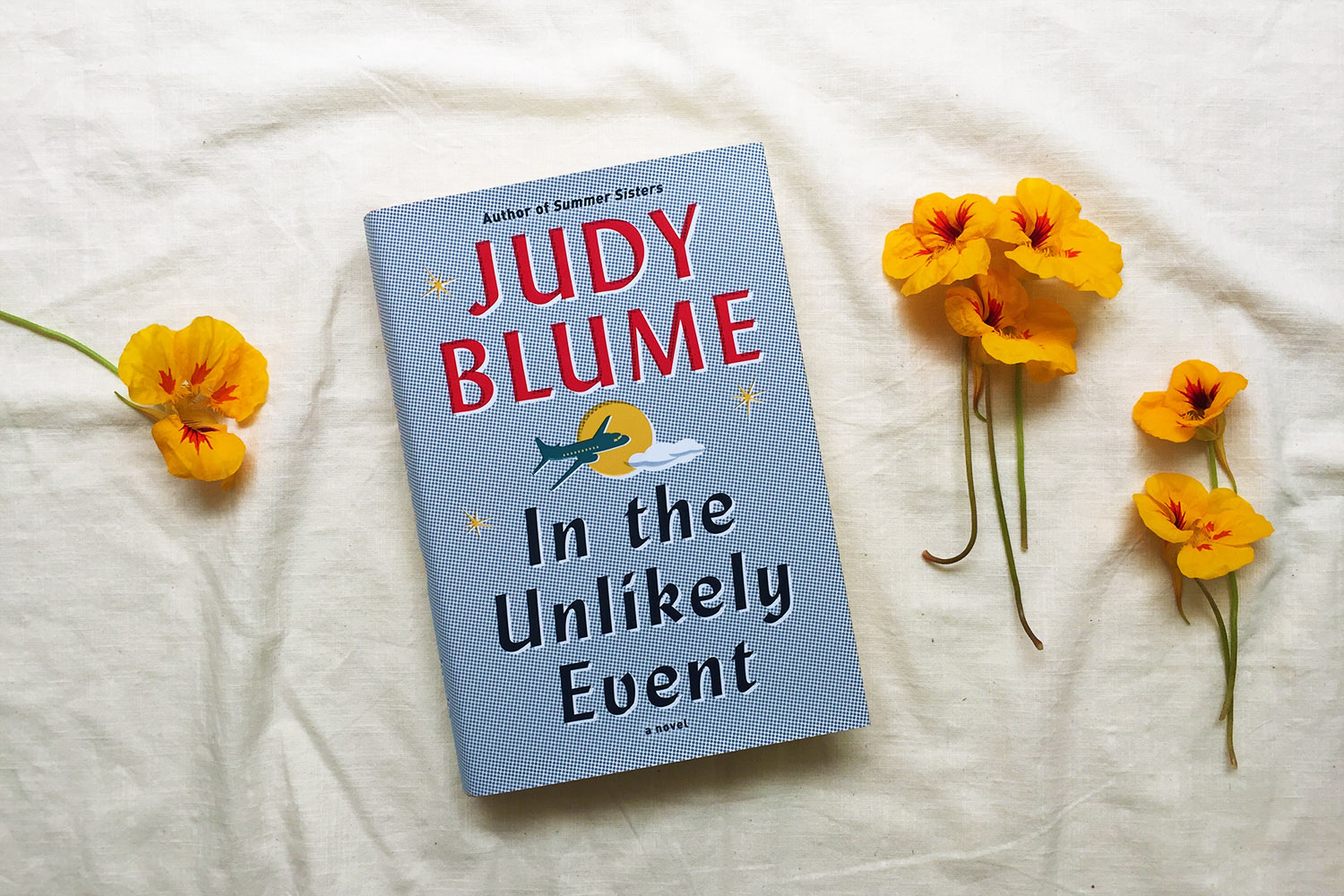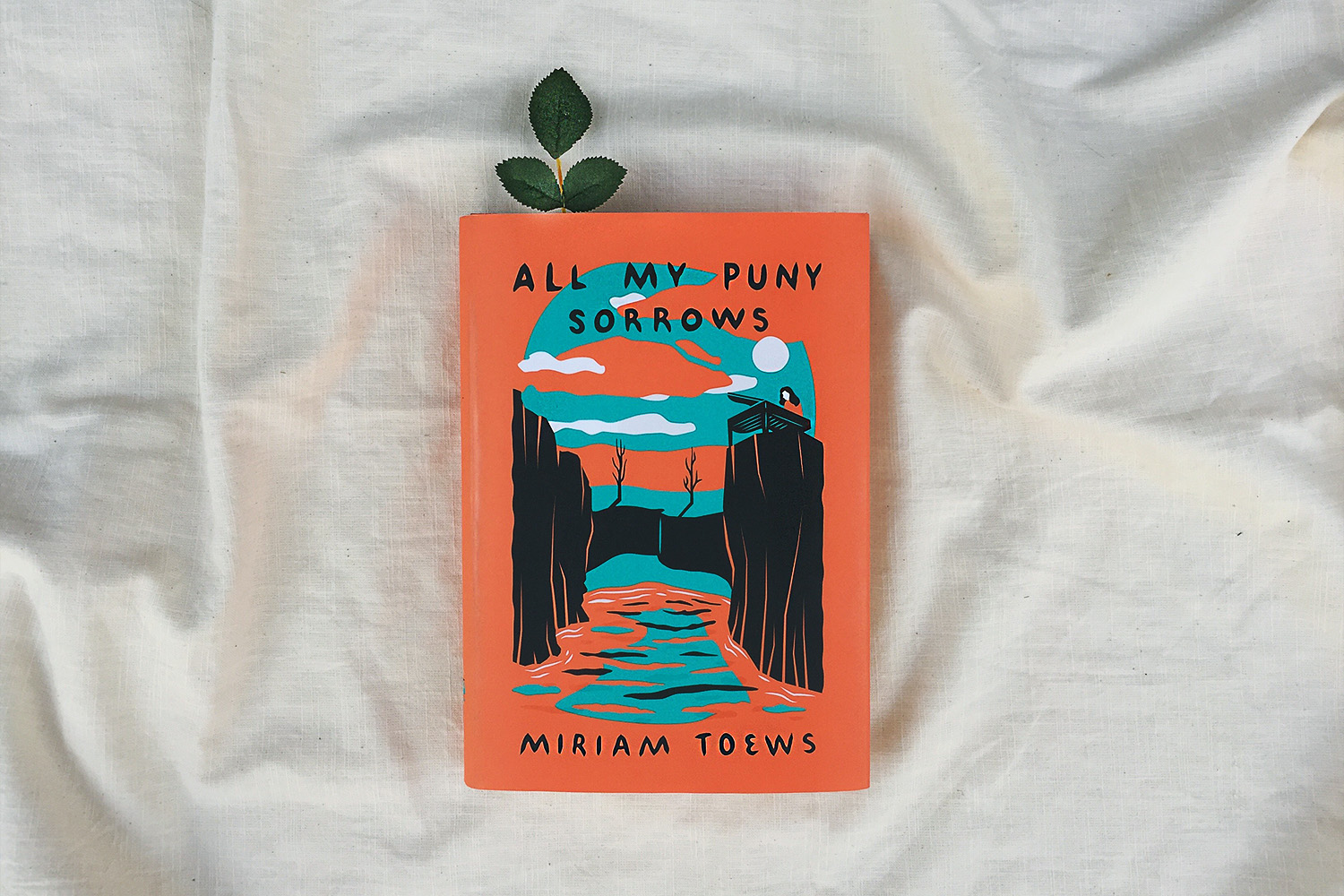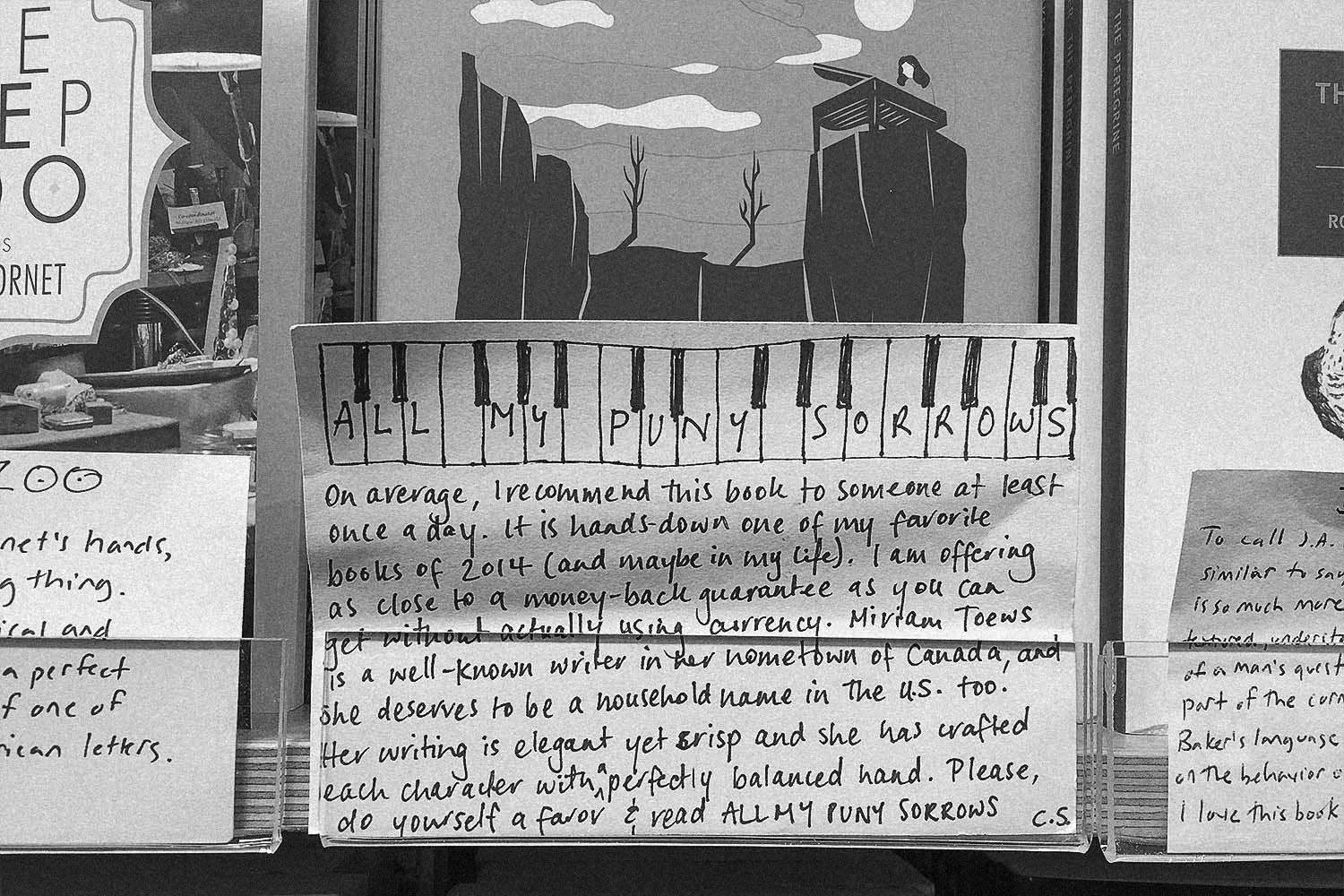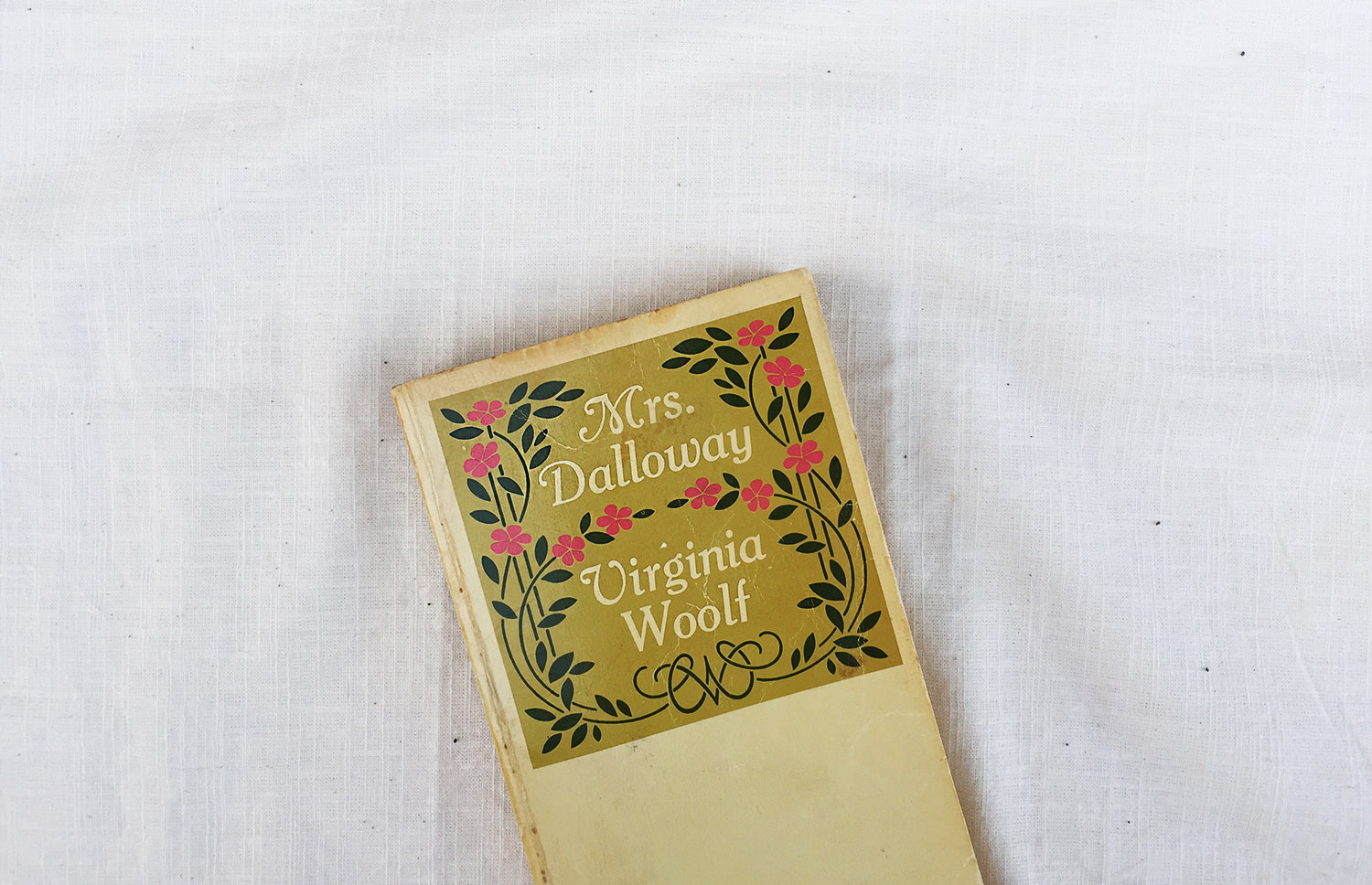
In the Unlikely Event takes place in Judy Blume’s hometown of Elizabeth, New Jersey, where in the early 1950s three planes crashed into the city within two months, killing scores of people. I have read far enough to take in two of those deadly crashes, and I cringe to think that there is another one remaining. Heartbreak and fear take over the city, but Blume beautifully intertwines the lives of those affected, and tells a sweeping, detailed story of middle America in the 1950s.
The sheer number of characters is breathtaking. Tucked into the pages of my book is a piece of paper on which I continuously scribble down newly introduced characters, drawing lines to indicate relationships and writing things like “cousins,” “housekeeper,” and “dating” in parentheses. One may begin to suspect an almost insistence on squeezing as many names into as few pages as possible. Though bewildering, it reflects the blur of people in the everyday of our own lives, and also demonstrates the far-reaching impact of tragedy; countless people in countless ways.
I am moving through the book quickly, a reflection of its narrative ease, and also of how much I am thoroughly enjoying myself. And that makes me pause. Books like this force my prejudice to surface – for which I blame the lingering effects of AP English – that reading is supposed to be challenging and intensive. It is a wonderful reminder that a good book does not necessarily mean a difficult book, and that there is value in taking pleasure in stellar storytelling. I will be attending A Very Special Evening with the Remarkable Judy Blume on Saturday as part of the Bay Area Book Festival, and with the drama of 1950s Elizabeth swirling in my mind, I am eager to hear from its famous raconteuse.
The sheer number of characters is breathtaking. Tucked into the pages of my book is a piece of paper on which I continuously scribble down newly introduced characters, drawing lines to indicate relationships and writing things like “cousins,” “housekeeper,” and “dating” in parentheses. One may begin to suspect an almost insistence on squeezing as many names into as few pages as possible. Though bewildering, it reflects the blur of people in the everyday of our own lives, and also demonstrates the far-reaching impact of tragedy; countless people in countless ways.
I am moving through the book quickly, a reflection of its narrative ease, and also of how much I am thoroughly enjoying myself. And that makes me pause. Books like this force my prejudice to surface – for which I blame the lingering effects of AP English – that reading is supposed to be challenging and intensive. It is a wonderful reminder that a good book does not necessarily mean a difficult book, and that there is value in taking pleasure in stellar storytelling. I will be attending A Very Special Evening with the Remarkable Judy Blume on Saturday as part of the Bay Area Book Festival, and with the drama of 1950s Elizabeth swirling in my mind, I am eager to hear from its famous raconteuse.

 Currently Reading
Currently Reading



